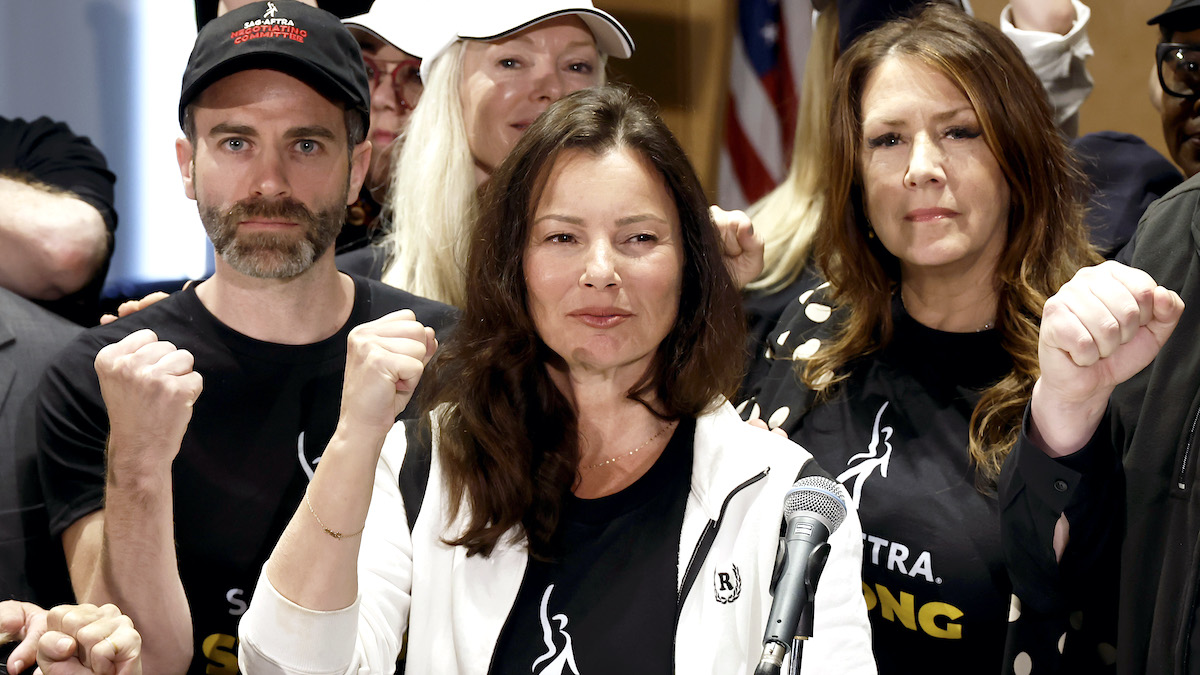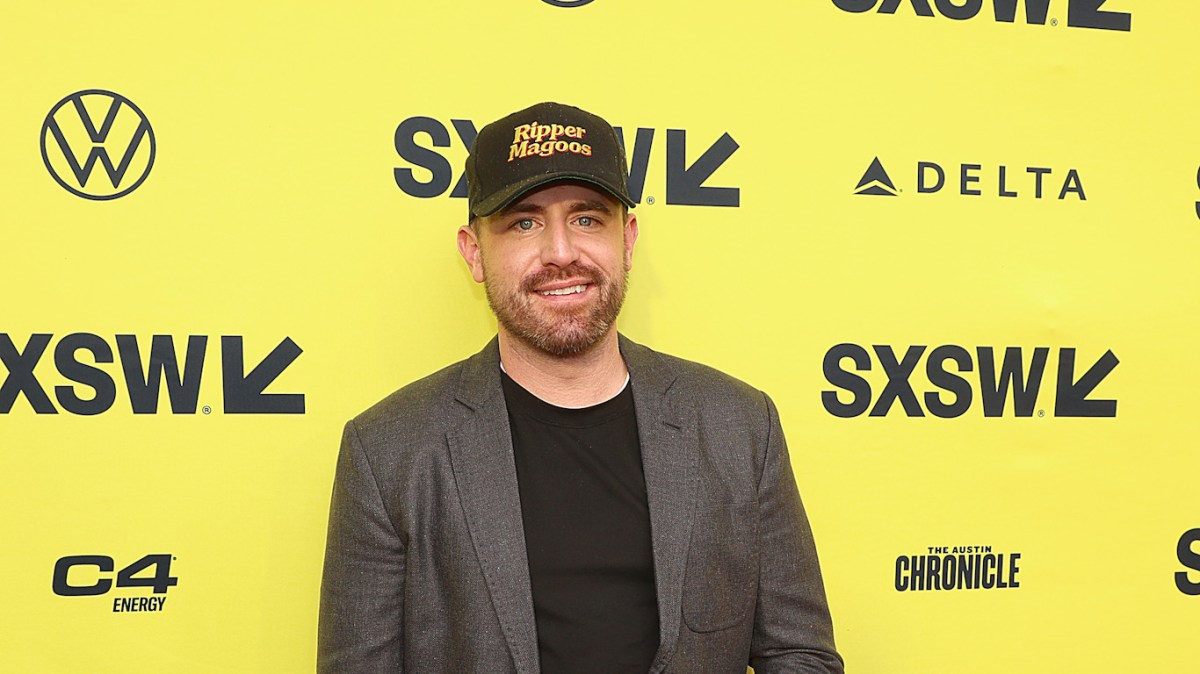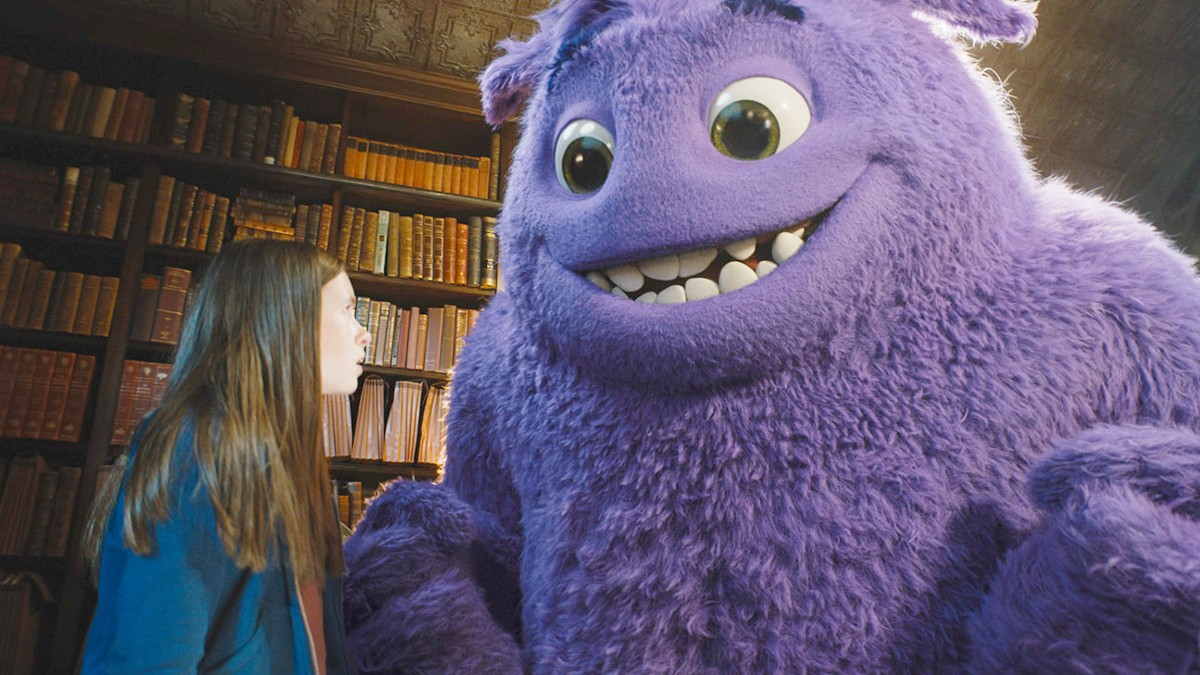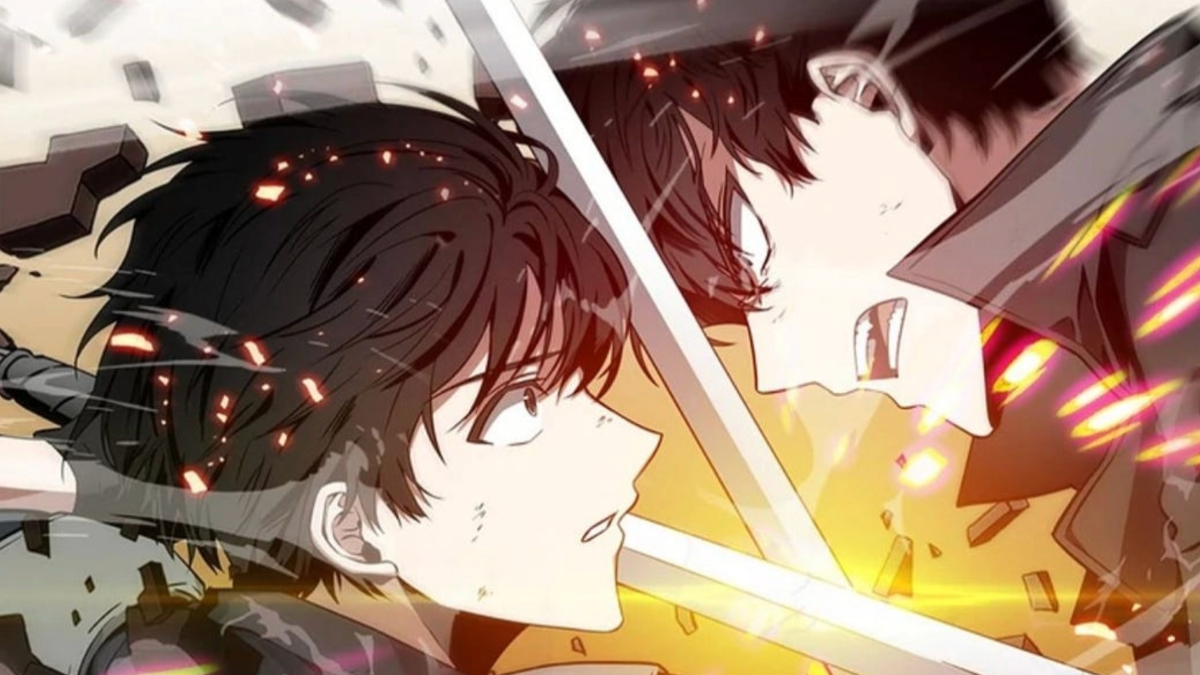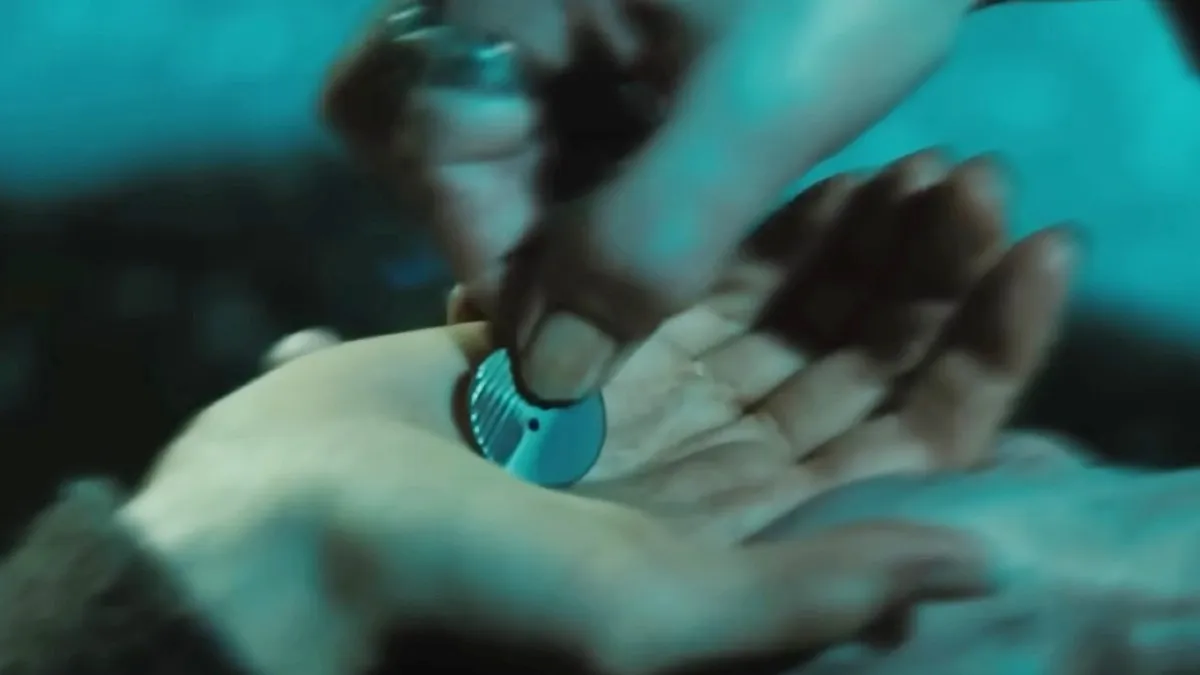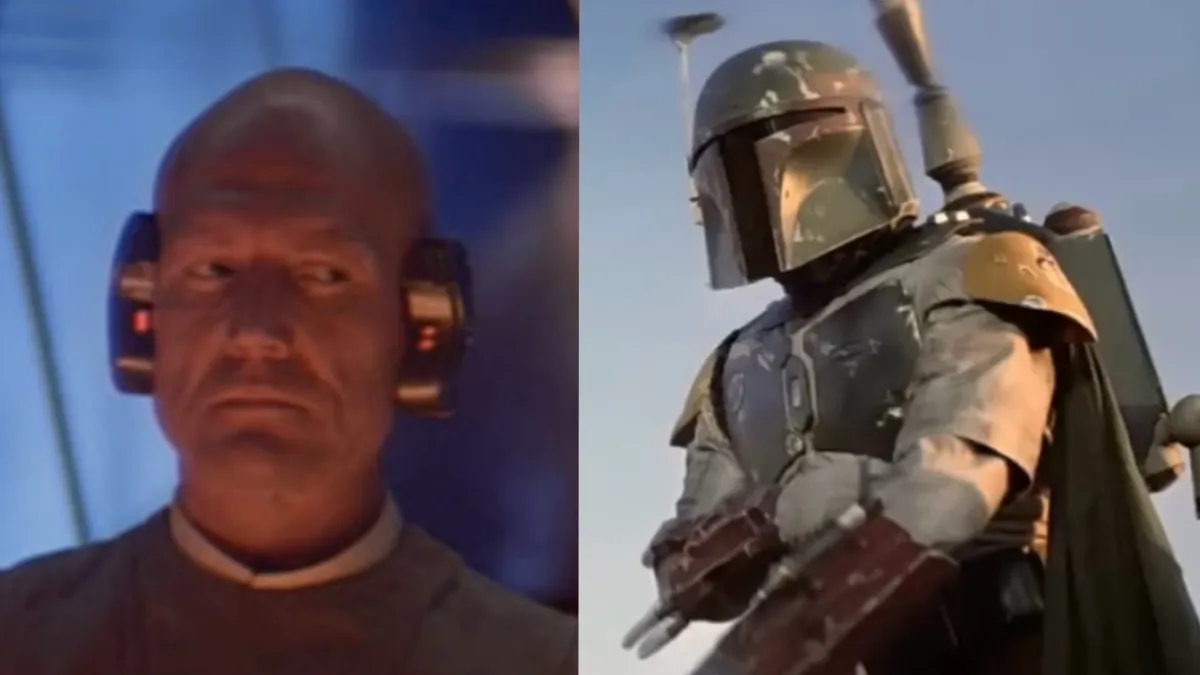After the longest actors strike in history, SAG-AFTRA negotiators have finally agreed to a deal with film and television studios. This marks a huge win for the actors, who have managed to secure guarantees on the use of AI in future productions, as well as increased pay from streaming services.
On Wednesday, Nov. 8, the union announced that the strike would finally be broken as of 00.01 a.m on Thursday, Nov. 9, bringing an end to 118 days of action. The deal was approved in a unanimous vote, so even though it still has to go to the union’s board for approval tomorrow, it looks like productions will soon be able to launch back into the swing of things soon. The previous longest strike lasted 95 days, so this has been almost one fifth longer.
But what have the actors won from the studios? And what does this mean for the future of television?
What does the new SAG-AFTRA deal mean?
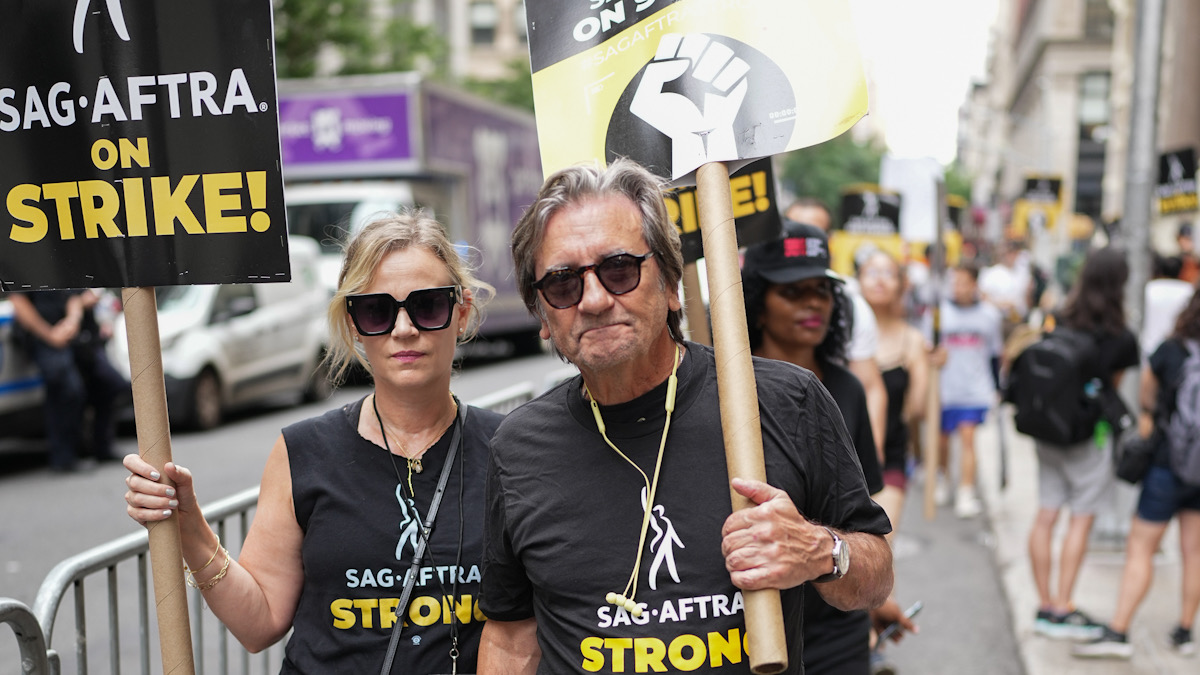
One of the most important factors in breaking the strike from a SAG-AFTRA perspective was gaining protections against the encroachment of AI into filmmaking, which is something that has been managed. Actors have also managed to gain a 7% rise in minimum payments, as well as securing a “streaming participation bonus,” and better pension and healthcare provisions. Union sources claim this all adds up to more than a billion dollars. An email SAG-AFTRA sent out to members said the following (as per Variety):
“We have arrived at a contract that will enable SAG-AFTRA members from every category to build sustainable careers. Many thousands of performers now and into the future will benefit from this work.”
Union committee member Kevin E. West also added that there had been “tears of exhilaration and joy” among the committee once it was approved, showcasing just how tough this battle has been for actors and those representing them. He went on to say:
“The final vote was unanimous. That’s a difficult thing to accomplish. It’s honestly been a really long two weeks.”
However, West did add it wasn’t a comprehensive victory, stating that the deal was very much “not perfect.”
His fellow committee member, Ben Whitehair, added that the new deal had managed to make real “structural change” thanks to the fact it secured better compensation from streaming platforms. One of the major sticking points of the strike was that streaming platforms paid practically nothing in residuals, unlike other forms of television and film.
In terms of AI, we don’t know the exact details of what the union achieved, but we can hazard a guess that studios dropped their attempts to be able to use an actor’s likeness without paying them every time. However, this will be confirmed when we get full details of the contract in time, once it is ratified by the SAG-AFTRA board.
The most watched streaming shows will now also offer an increased bonus for actors who take part in them, which is a big change from the pennies that companies like Netflix were allowed to offer up as payment, despite their multi-billion dollar valuations.
One of the main things to take away from all of this is that the strike can now end, with actors able to return to the relevant sets with immediate effect. This means lots of productions that were on the verge of being pushed back might now manage to get back on schedule.
What did the studios say?
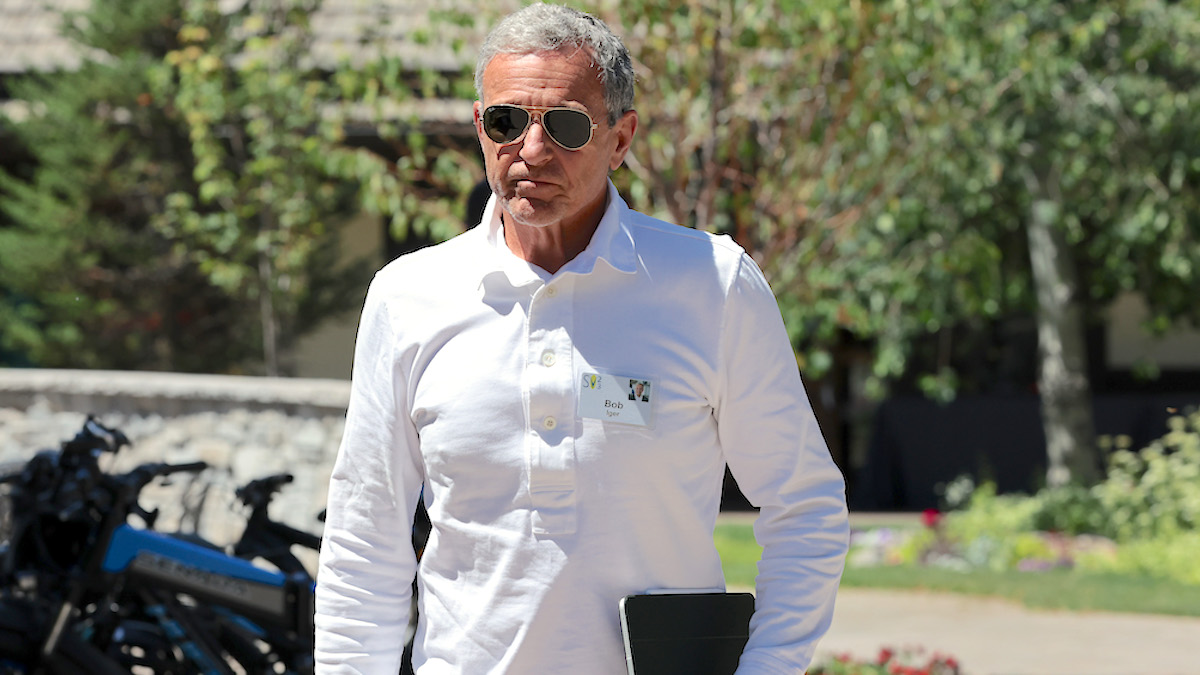
Carol Lombardini, the CEO of the Alliance of Motion Picture and Television Producers (AMPTP) issued a statement on Nov. 8 saying that the contract represented a “new paradigm,” before adding:
“The AMPTP is pleased to have reached a tentative agreement and looks forward to the industry resuming the work of telling great stories.”
The AMPTP negotiates on behalf of most of the major studios, although in recent weeks the studio heads of the largest companies (NBC Universal, Netflix, Warner Bros. Discovery, and Disney) have been more involved.
The Disney CEO with the vibe of a Disney villain Bob Iger had recently been warning about the financial impact of the strike, although did not mention taking a pay cut on his $27 million salary to help ease any issues.
When will the next SAG-AFTRA contract be discussed?
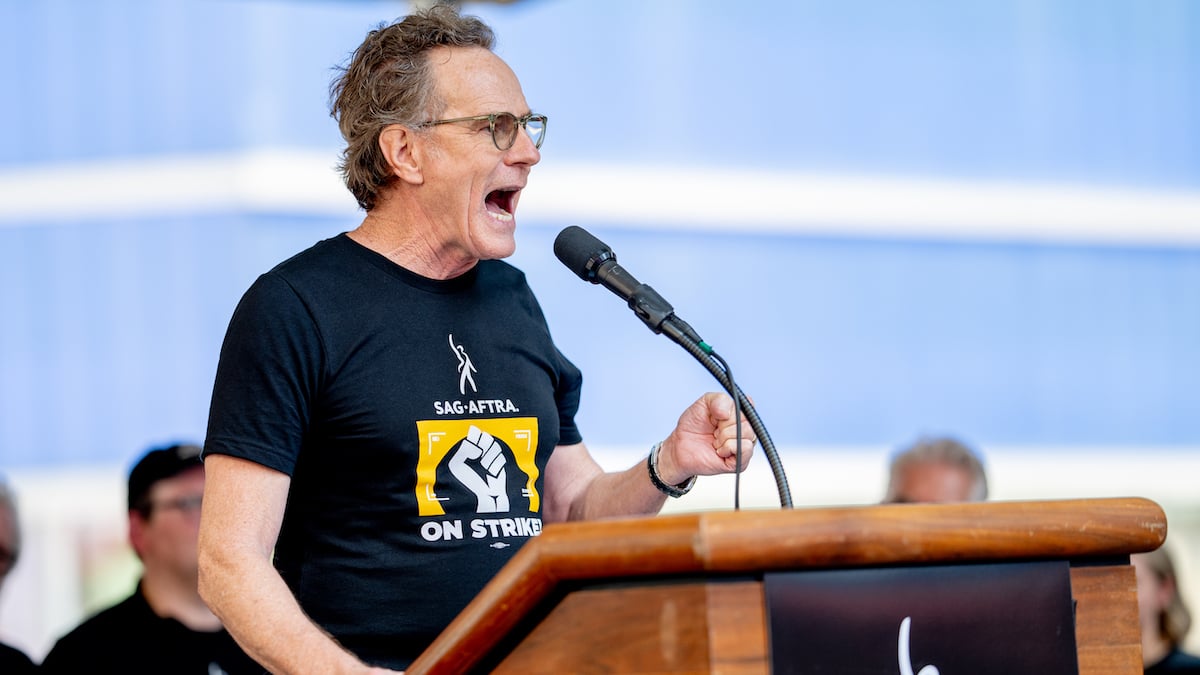
This contract is set to run until 2026, so for three years. This means that we should be strike-free for at least that time, which is good news for production teams.

